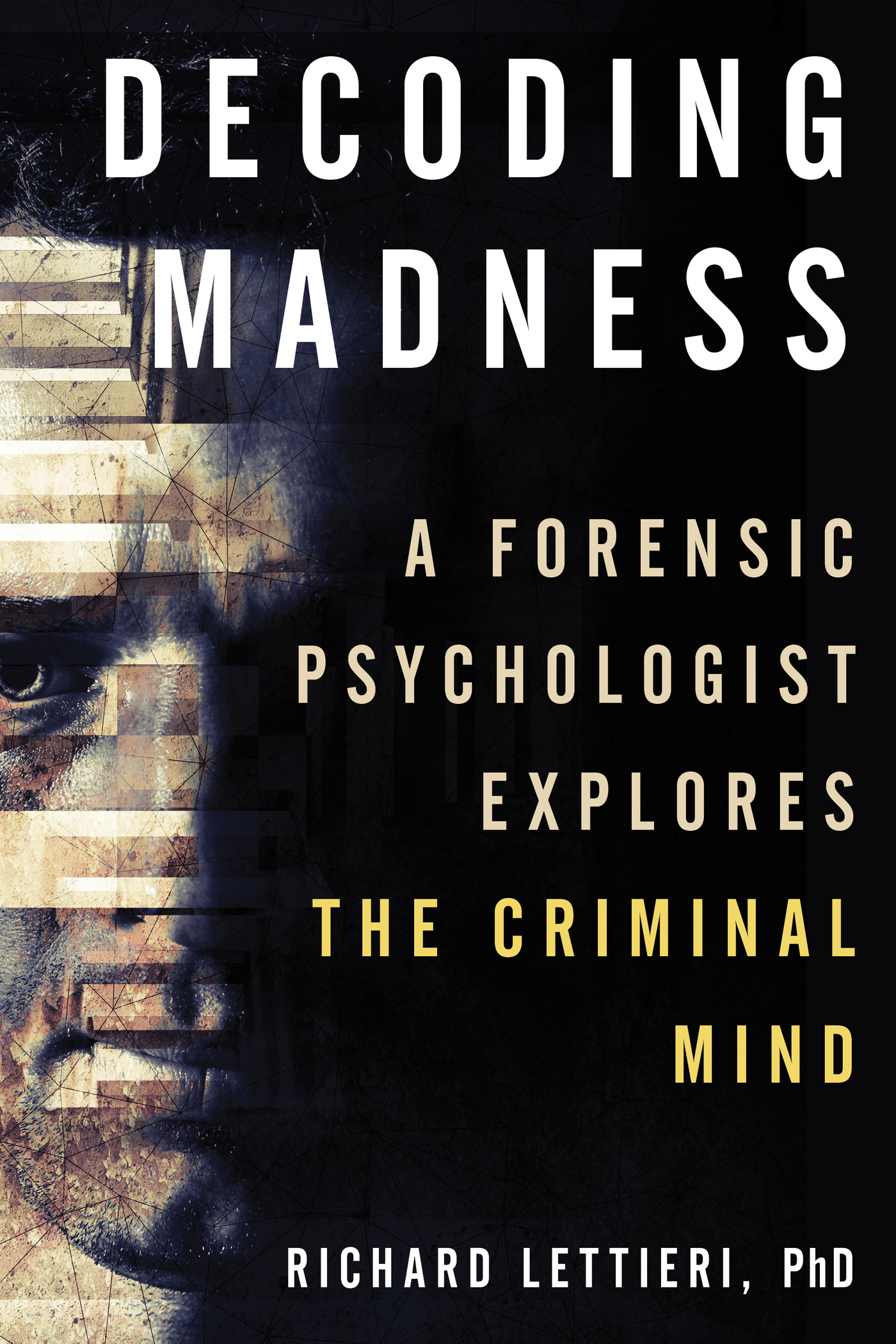A Forensic Psychologist Explores the Criminal Mind
Richard Lettieri, PhD


An imprint of The Rowman & Littlefield Publishing Group, Inc.
4501 Forbes Boulevard, Suite 200
Lanham, Maryland 20706
www.rowman.com
Distributed by NATIONAL BOOK NETWORK
Copyright 2021 by Richard Lettieri
All rights reserved. No part of this book may be reproduced in any form or by any electronic or mechanical means, including information storage and retrieval systems, without written permission from the publisher, except by a reviewer who may quote passages in a review.
British Library Cataloguing in Publication Information Available
Library of Congress Cataloging-in-Publication Data
Names: Lettieri, Richard, 1951 author.
Title: Decoding madness : a forensic psychologist explores the criminal mind / Richard Lettieri, PhD.
Description: Lanham, MD : Prometheus Books, [2021] | Includes bibliographical references and index. | Summary: Dealing with some of the most heinous crimes imaginable, forensic neuropsychologist and psychoanalyst Dr. Richard Lettieri gives a behind-the-scenes look at criminal psychology through case studies from his over 30 years of experience as a court-appointed and privately retained psychologist Provided by publisher.
Identifiers: LCCN 2020053577 (print) | LCCN 2020053578 (ebook) | ISBN 9781633886926 (paperback) | ISBN 9781633886933 (ebook)
Subjects: LCSH: Forensic psychology. | Criminal psychology. | Criminal psychologyCase studies.
Classification: LCC RA1148 .L48 2021 (print) | LCC RA1148 (ebook) | DDC 614/.15dc23
LC record available at https://lccn.loc.gov/2020053577
LC ebook record available at https://lccn.loc.gov/2020053578
 TM The paper used in this publication meets the minimum requirements of American National Standard for Information Sciences Permanence of Paper for Printed Library Materials, ANSI/NISO Z39.48-1992.
TM The paper used in this publication meets the minimum requirements of American National Standard for Information Sciences Permanence of Paper for Printed Library Materials, ANSI/NISO Z39.48-1992.
To my wife, Jeanne
A remedy for my pockets of madness
Faust: All rightwho are you, then?
Mephistopheles: Part of the force which would do ever evil, and does ever good.
Goethe
Prologue
I was not always on track to become a forensic psychologist. Looking back, Id say the spark that ignited the fire began when, as an undergraduate at the City College of New York, I was assigned to read sections of Sigmund Freuds Civilization and Its Discontents. Allow my indulgence to exhume a phrase from yesteryear and say the book blew my mind. Freud bluntly claimed that an inevitable clash exists between impulse and restraint in everybody and that an unsettled compromise between the two is the price for civility.
Having been raised in a traditional Catholic family, I was keenly aware of the importance of self-control. But Freuds argument was different. He declared that the struggle to find accommodation between personal desires and community expectations was a basic condition for social comity, along with our willingness to live with the inevitable discontents resulting from such restrictions on self-indulgence.
On some level, I vaguely sensed all of this. But not like this, not so head-on. And then to realize that I kinda knew something, but didnt really know, was dizzying. For me, that was transformative. And so my journey began. A decade or so passed, and I was a graduate psychologist on my way to postdoctoral training in psychoanalysis, mental disability law, and neuropsychology.
Before embarking on this book, I had been practicing as a psychoanalyst in private practice and as a forensic psychologist and expert witness in criminal and civil trials. Over the years, I have completed more than a thousand criminal forensic examinations, and I have testified in many trials, ranging in cases involving multiple murders, assaults including sexual assaults, domestic violence, and more. Whether I was retained by attorneys or appointed by the court, I have offered opinions on many and varied legal questions, such as whether a defendant was insane at the time of a murder, if a defendant is at risk of becoming violent in the future, or whether an adolescent should be tried as an adult for a crime or remain in juvenile court.
Youll meet some of the defendants in this book. Like me, I suspect youll sometimes be surprised by your reactions to them.
I have seen firsthand how mental disturbances can drive criminal acts. But my work in criminal psychology also has allowed me to vividly witness deep psychological truths, not only about the defendants who had lost the necessary control and comity required by society. The venue of the criminal justice system, with its daily exposure to primal emotions and the consequences wrought by their wanton expression, served as a petri dish to investigate the full spectrum of human nature. I employ the idea of daimonic as a driving force in us all thats the source of our constructive and destructive capacities. I do this by presenting detailed accounts of my examination of defendants, many of whom have perpetrated the most heinous offenses.
I also share what it was like for me to be exposed to the carnage human beings are so capable of exacting on each other.
In addition to being a forensic psychologist, Im also psychoanalytically trained. It has served me well as a criminal forensic evaluator. And as a psychoanalyst, Im accustomed to dwelling within the inner worlds of my patients and helping them to construct an understanding of the motivations and emotions behind behavior. This has been quite an asset, as the mental state of a defendantwhat was on his mind at the time of the crimeis almost always crucial to the forensic issues. And, in addition to the usual tools available to the forensic psychologist like empirically validated tests, a psychoanalytic perspective has allowed me to develop a uniquely nuanced and deepened psychological understanding of defendants and their personal makeup.
In the process of exploring the many forensic cases and the issues involved, I also examine the ethical dilemmas faced by justice professionals and forensic experts who work within the system and how personal interests and inclinations, such as competition and cynicism, compete with the desire to be objective and just.
The books central focus is a study in criminal psychology. But its not solely about the criminal mind. Its a full-bore entre into the imperfect human nature as revealed by all of those who operate within the system and the struggle to manage complex legal and moral decisions. I do so with the help of insights from psychoanalysis, psychology, and neuroscience.
Furthermore, I sometimes contrast the stories of my criminal evaluations with those of my private psychoanalytic patients, a juxtaposition that helps to drive home the point that emotional conflicts and raw emotions are inevitable but, when criminal proceedings are required, a heartbreaking tragedy has occurred.
In part I, I introduce the idea of the daimonic as an innate element of human nature, with its paradoxical potential for the savage and sublime. I also present a user-friendly explanation of psychological development that provides a context to understanding the forensic analysis of the cases that follow.

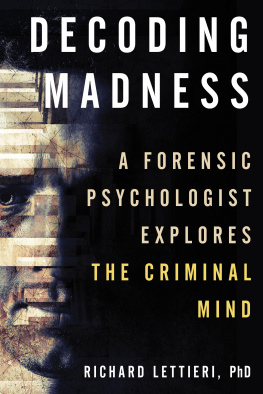
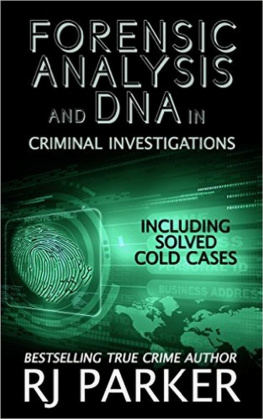


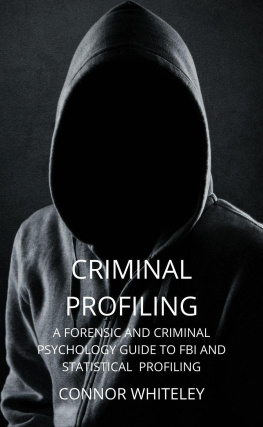
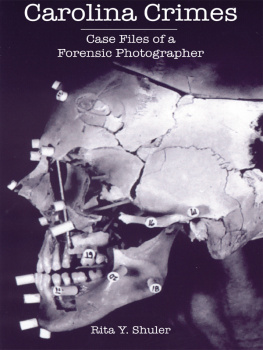
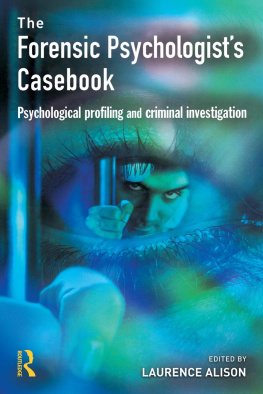
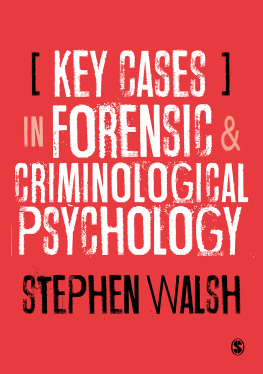
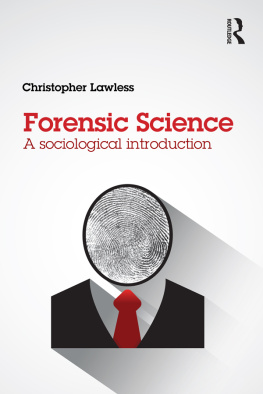
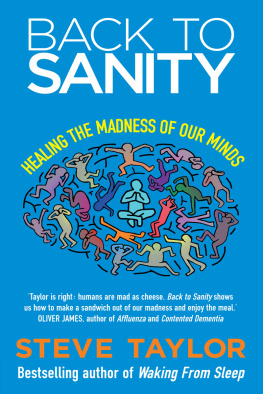
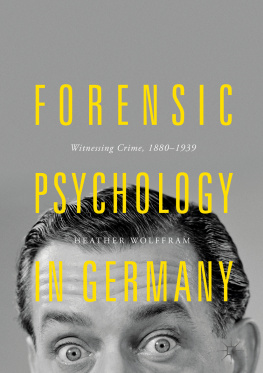


 TM The paper used in this publication meets the minimum requirements of American National Standard for Information Sciences Permanence of Paper for Printed Library Materials, ANSI/NISO Z39.48-1992.
TM The paper used in this publication meets the minimum requirements of American National Standard for Information Sciences Permanence of Paper for Printed Library Materials, ANSI/NISO Z39.48-1992.